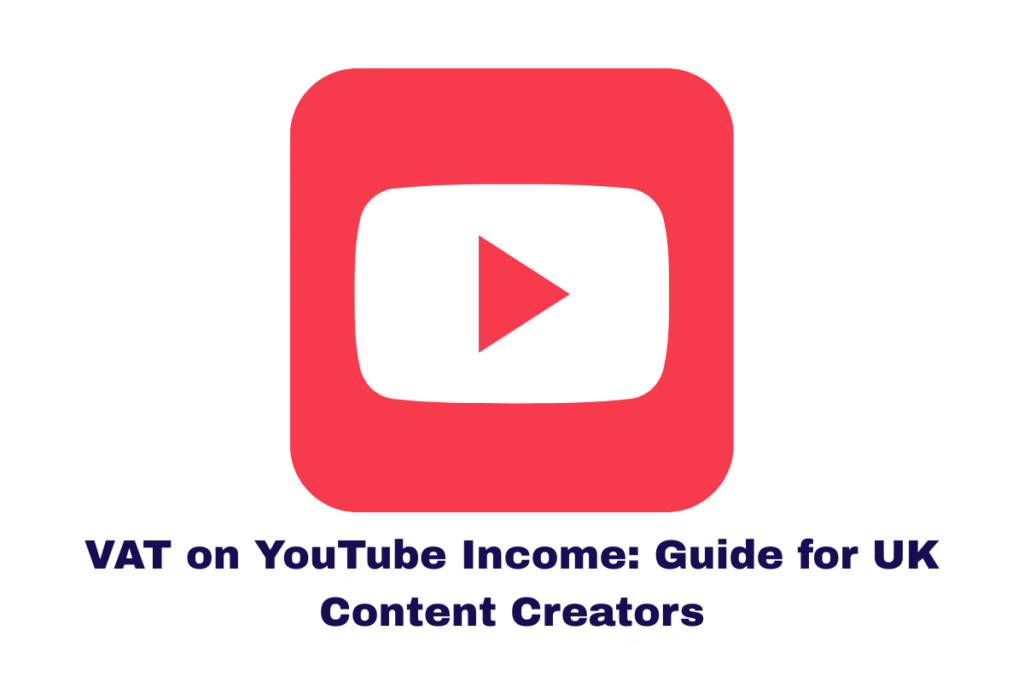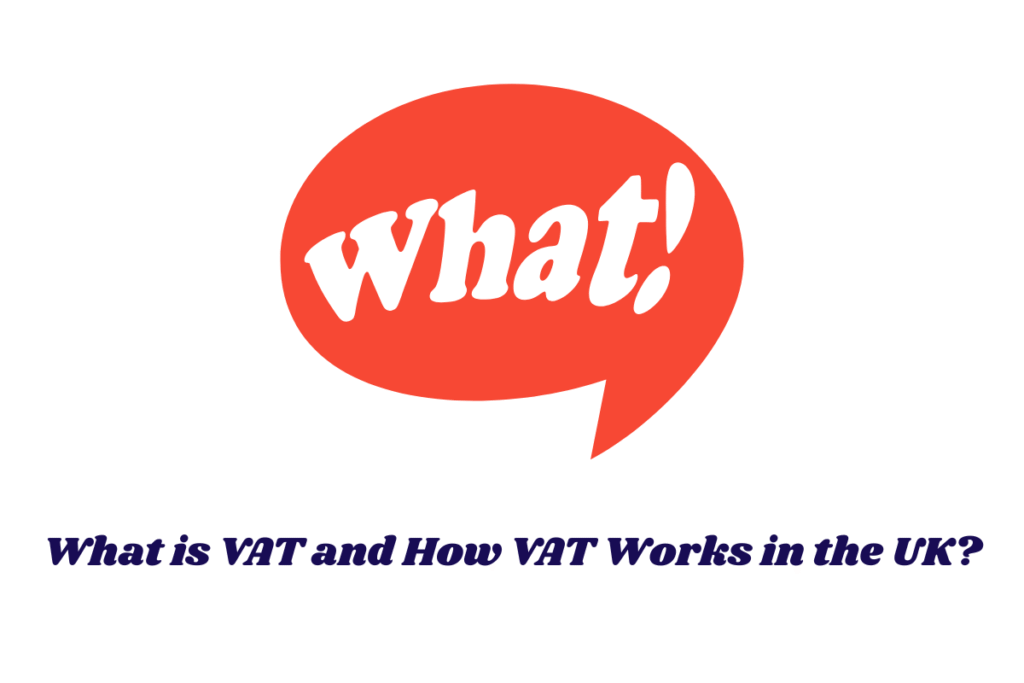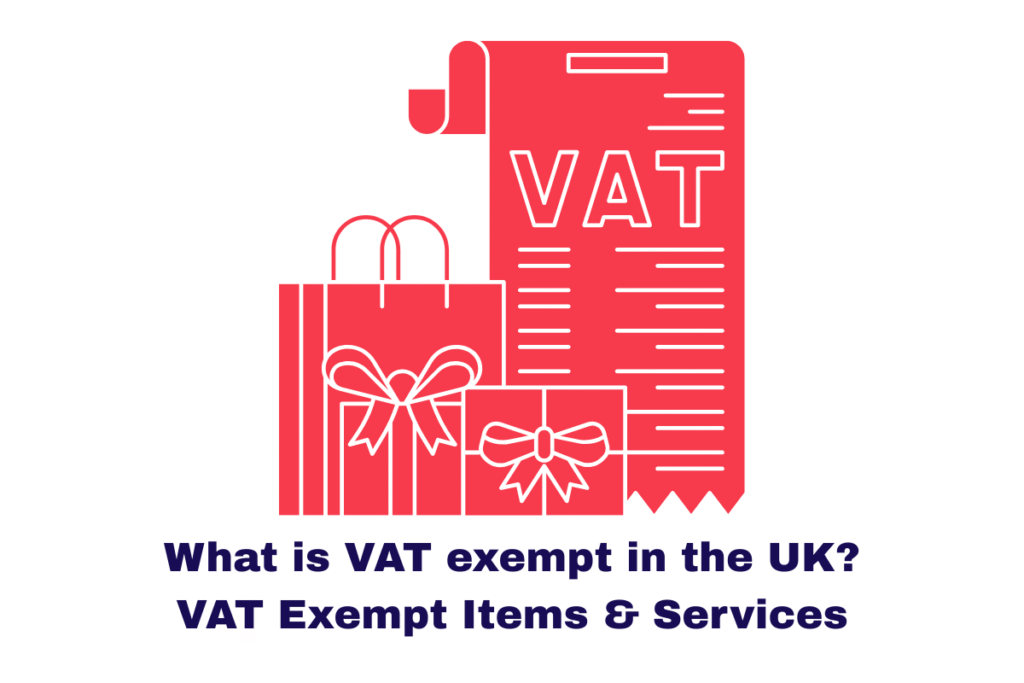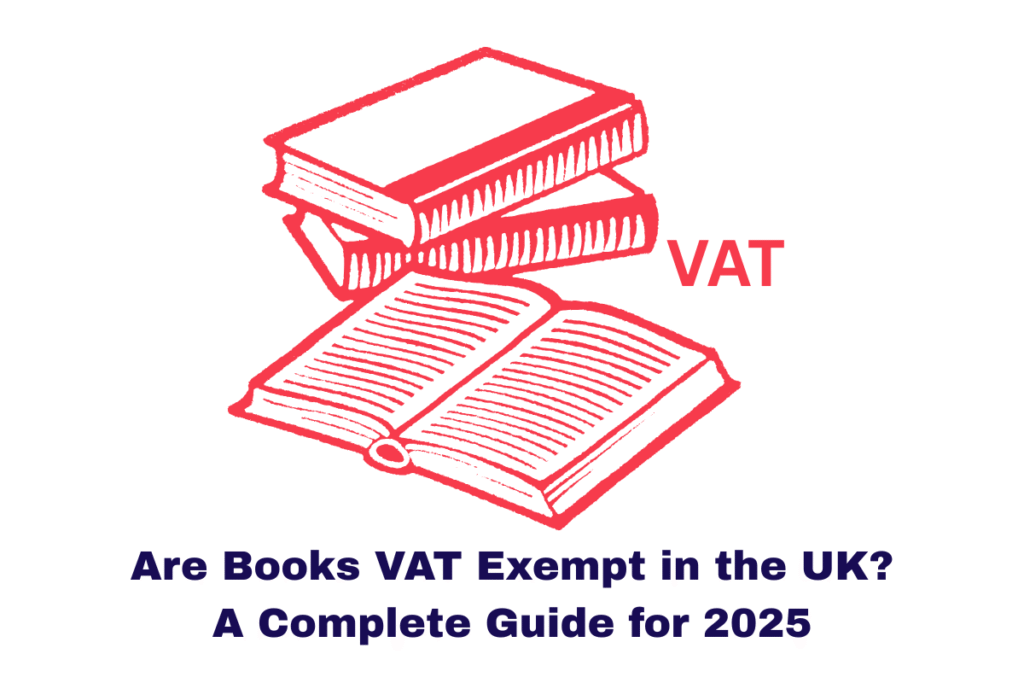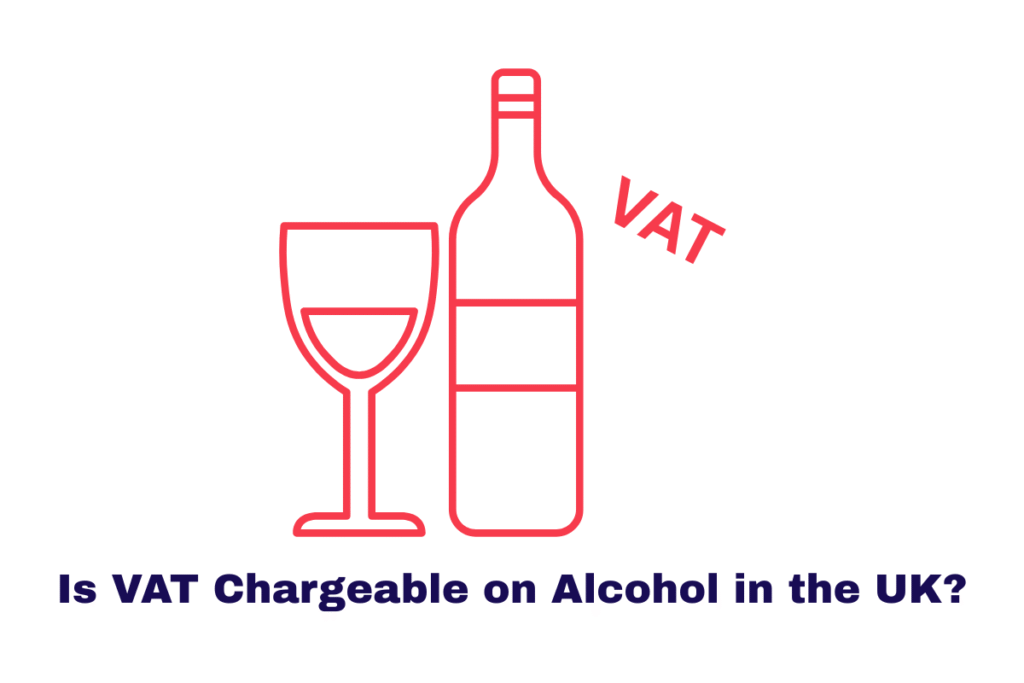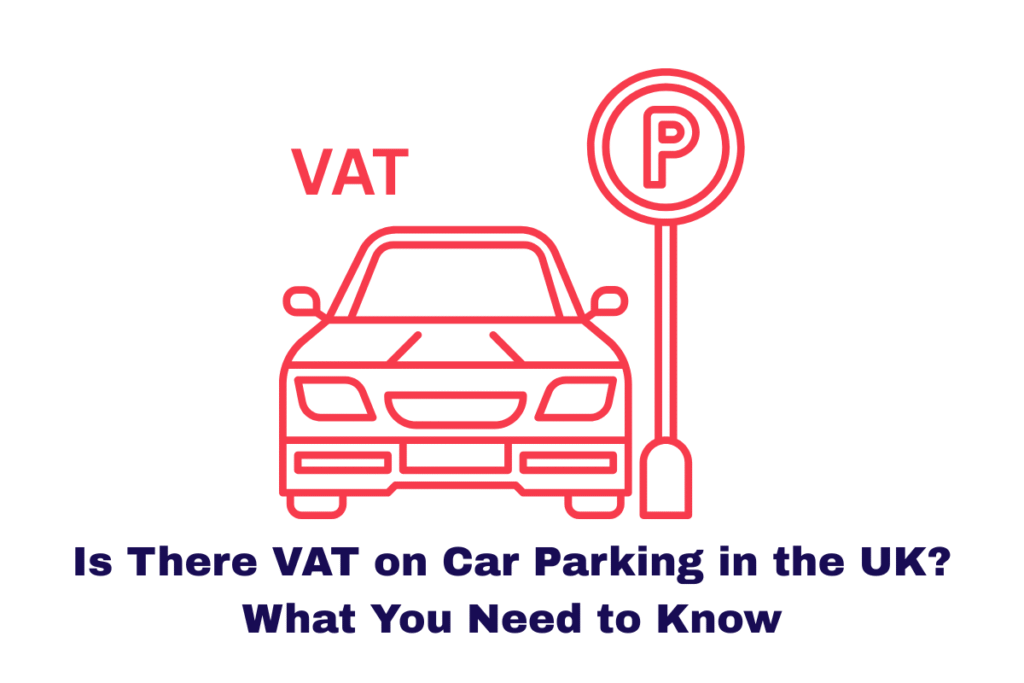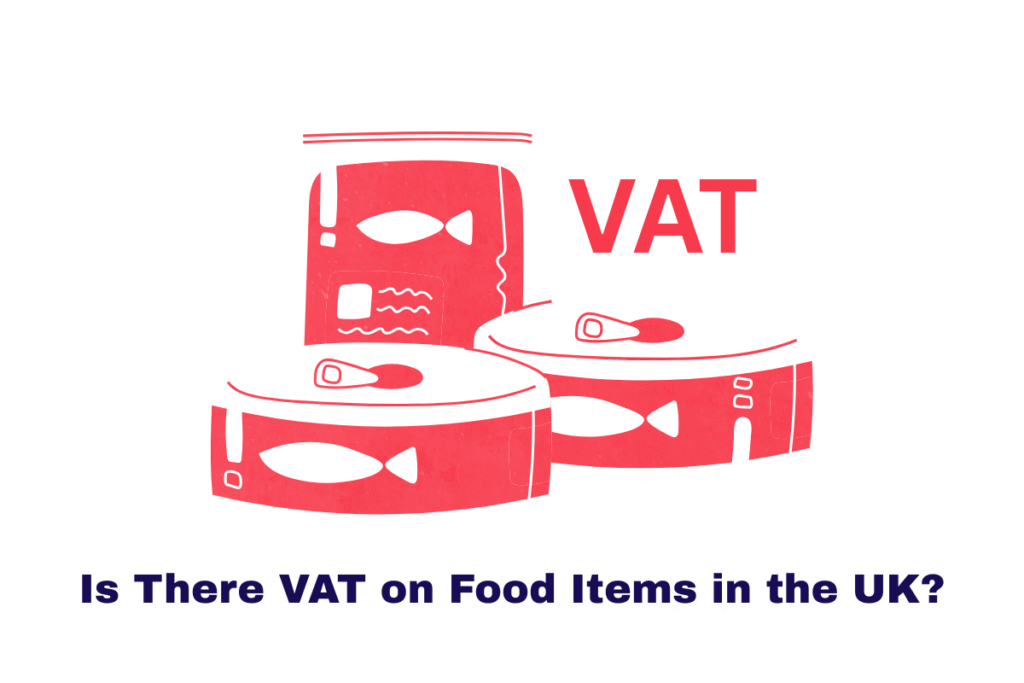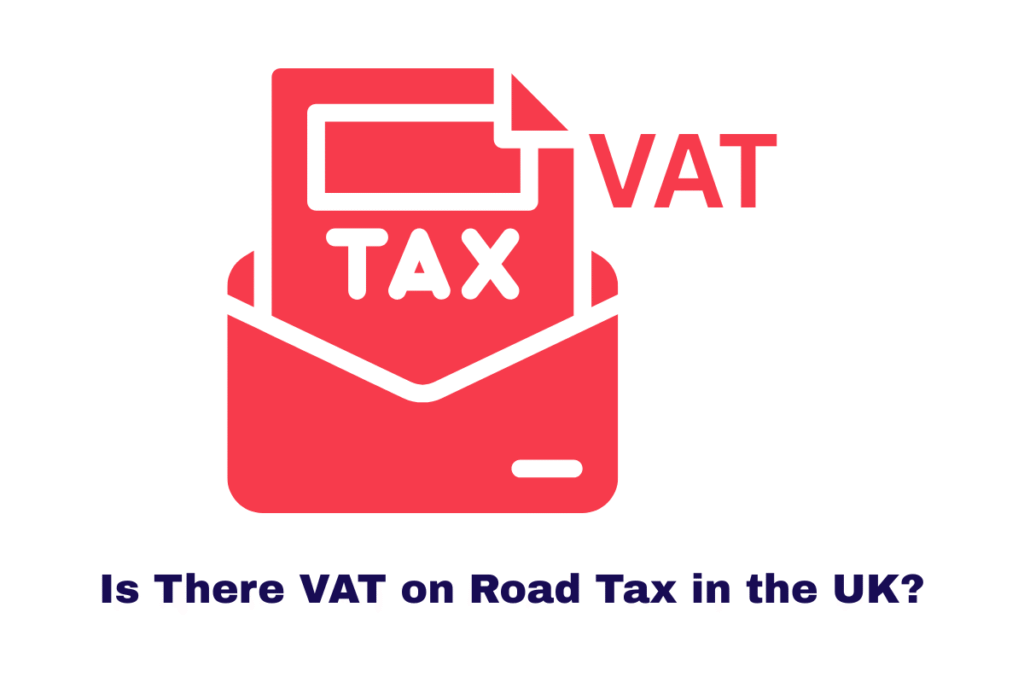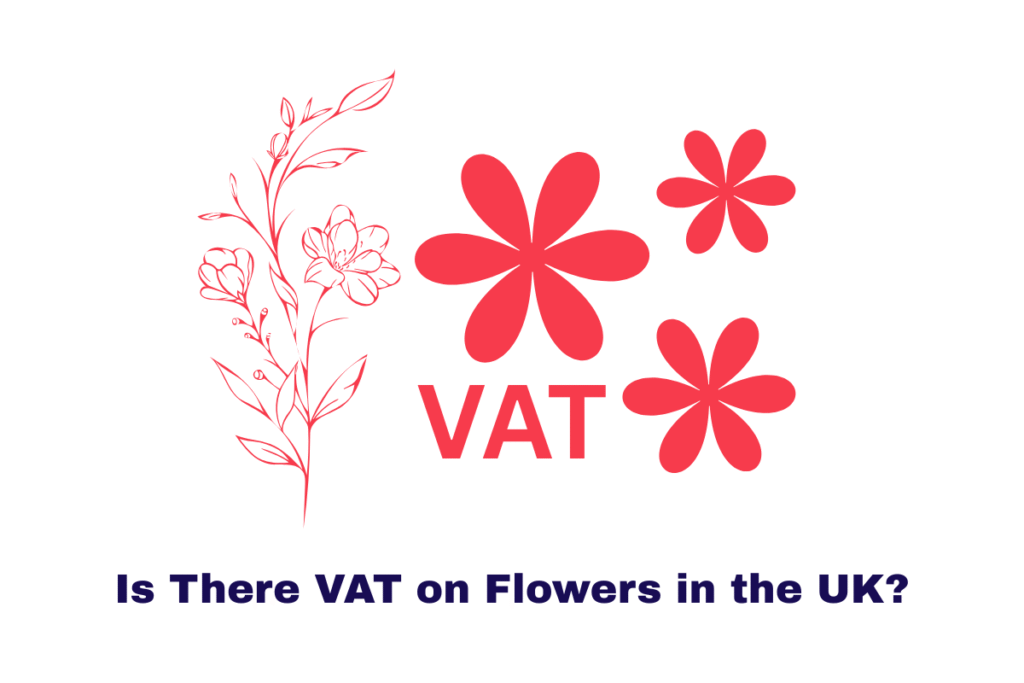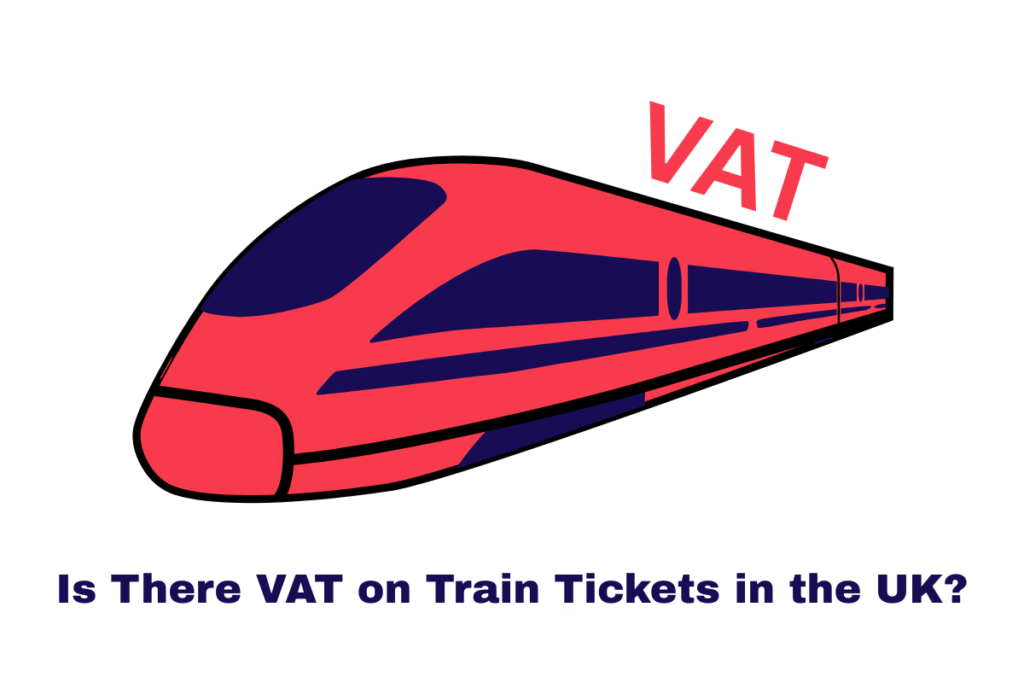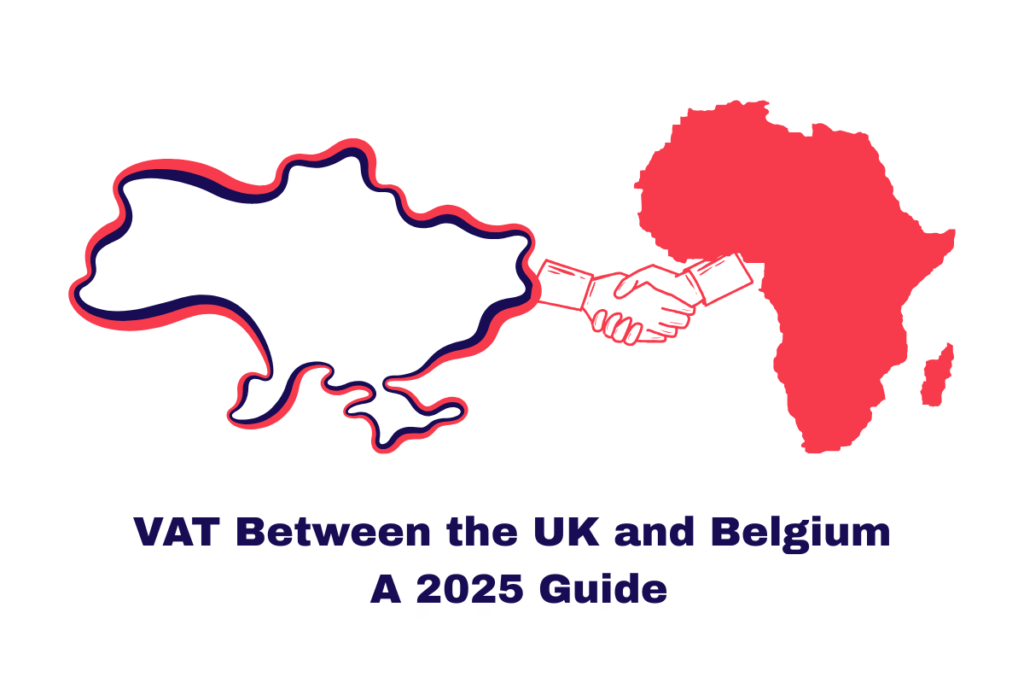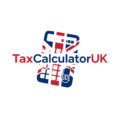Are you a YouTuber based in the UK or planning to launch your own channel soon? If yes, understanding the VAT on YouTube Income is absolutely essential to stay compliant with HMRC and avoid unexpected liabilities.
In this comprehensive guide, I’ll walk you through everything you need to know about tax, specifically VAT, on your YouTube earnings. Whether your income comes from AdSense, sponsorships, affiliate links, or merchandise sales, this article will help you understand your responsibilities as a digital content creator.
What is VAT and Why Should YouTubers Care?
VAT (Value Added Tax) is a consumption tax added to most goods and services in the UK. If you’re running a YouTube channel as a business—meaning you’re generating income with the intent of making a profit—you’re effectively a sole trader or a limited company in the eyes of HMRC.
Once your taxable turnover exceeds the current VAT threshold of £90,000 (as of 2025), you must register for VAT (HMRC VAT guidance). But VAT isn’t just about reaching a threshold—it’s also about your business model, who your customers are, and where they are located.
When Does VAT Apply on YouTube Income?
You may be surprised to learn that VAT on YouTube Income depends largely on the type of income and the location of the customer. Here’s how it breaks down:
1. AdSense Revenue
Google AdSense pays you for ads shown on your YouTube videos. Because this payment is from Google Ireland, it falls under the reverse charge mechanism.
If you are VAT-registered, you must account for VAT, but you won’t charge Google. Instead, you’ll declare the VAT on your VAT return under the reverse charge rule.
2. Sponsored Content and Brand Deals
If UK-based companies pay you to promote their products, this is a taxable supply, and you must charge VAT once you’re VAT-registered. You’ll need to issue proper invoices and collect VAT from the paying business.
3. Merchandise Sales
Selling merchandise to UK customers? This is direct selling, and VAT applies just like it does for any eCommerce retailer. Even if you use platforms like Shopify or Teespring, you’re still responsible for charging and accounting for VAT.
4. Affiliate Income
If you earn commissions via affiliate links (e.g., Amazon), it also counts as taxable income. Again, whether VAT applies depends on the location of the affiliate programme and its customers.
Read Our more Detailed Guides on VAT:
Is There VAT on Flowers in the UK?
How to Find VAT Number of a Business?
Is VAT Chargeable on Alcohol in the UK?
Is There VAT on Car Parking in the UK?
Do YouTubers Pay Other Taxes Too?
Absolutely. Apart from VAT on YouTube Income, you’ll also need to pay:
- Income Tax on your profits
- National Insurance (Class 2 and/or Class 4 if self-employed)
All of this must be reported in your annual Self Assessment tax return.
Do I Need to Register for VAT as a YouTuber?
You must register for VAT if your taxable turnover exceeds £90,000 in a 12-month period. Even if your turnover is below that, you can choose to register voluntarily, which allows you to reclaim VAT on business expenses. This can be beneficial if you invest in high-cost equipment like cameras, software, or marketing services.
To check whether VAT registration makes sense for you, use our VAT Calculator to estimate your liabilities.
How is VAT on YouTube Income Calculated?
If you’re VAT-registered:
- For UK-based sponsorships, you’ll add 20% VAT to the invoices.
- For EU/Non-EU sponsorships, the place of supply determines whether VAT applies.
- For Google AdSense, you’ll apply the reverse charge mechanism.
Remember: Your taxable turnover includes all income sources—AdSense, sponsorships, memberships, merchandise, and affiliate commissions.
Are Free Gifts and PR Packages Taxable?
This is where many influencers get caught out. If you receive free products as part of a paid partnership or with the obligation to post about them, they are considered non-monetary compensation and may be taxable. HMRC treats this as barter income, and it should be declared at market value.
If the gift is genuinely unsolicited with no expectation of coverage, it is not taxable.
You can read HMRC’s guidance on influencer tax treatment here: HMRC on Influencer Income.
What Expenses Can I Claim as a YouTuber?
As a content creator, you’re entitled to claim allowable business expenses to reduce your profit and therefore your income tax bill. Some common allowable expenses include:
- Cameras, lighting, and sound equipment
- Editing software subscriptions (e.g., Adobe Premiere Pro)
- Office or home studio rent
- Internet and mobile phone bills (partial)
- Marketing and promotion costs
- Travel and accommodation (for business purposes)
These can be used to lower your tax liability and, in some cases, reclaim VAT if you’re registered.
How Do YouTubers Get Paid?
Most UK YouTubers are paid via Google AdSense, which deposits funds into your bank account monthly. Payments from sponsorships or affiliate programmes may go through PayPal, Stripe, or direct bank transfer. Merchandise revenue depends on the eCommerce platform used.
Regardless of the method, you must keep detailed records of all income and expenses. Cloud accounting tools like QuickBooks or Xero can help streamline this.
Record Keeping and VAT Returns
If you’re VAT-registered, you must:
- Keep digital records under Making Tax Digital (MTD) rules
- Submit quarterly VAT returns to HMRC
- Maintain copies of invoices and receipts
Poor record keeping can lead to HMRC penalties and compliance checks.
Final Thoughts on VAT and YouTube Income
Understanding VAT on YouTube Income is not just about compliance—it’s about smart business planning. If you’re a UK-based content creator, treat your channel like a real business.
From keeping track of your income streams to registering for VAT and submitting accurate returns, these steps protect your finances and allow your brand to grow with peace of mind.
To make your life easier, try our VAT Calculator and Listen to Taxman Calculator to estimate your take-home income and tax liabilities accurately.
The content provided on TaxCalculatorsUK, including our blog and articles, is for general informational purposes only and does not constitute financial, accounting, or legal advice.
You can also visit HMRC’s official website for more in-depth information about the topic.
